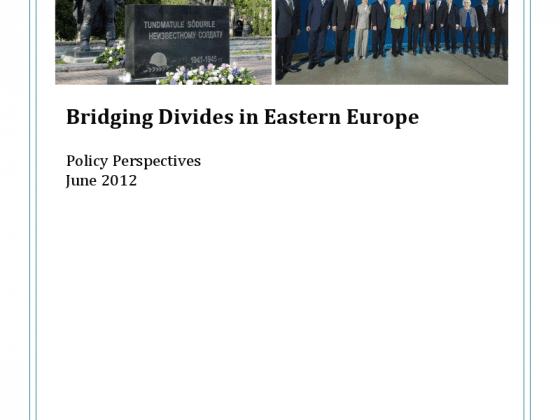Nationalism is an ideology that specifies who are members of a putative "nation," describes the nation's self-image relative to other groups, and advocates political actions congruent with a national mission. The story of modern European states is, in large part, a story of nationalism. Using nationalist ideology and employing homogenizing institutions such as the army and public schools, France, Italy, Germany, and others managed to bind their states and societies together in a more or less common understanding of national identity, loyalty, and duty. Russia, unlike its western European neighbors, did not undergo a similar process. Instead, as a multiethnic, imperial state, Russia always faced a dilemma over nationalism: it could only use homogenizing, Russian nationalist ideology at the risk of alienating major, non-Russian constituents of the empire. Because Russian rulers wanted to keep relative peace among the empire's different ethnic groups, they never used nationalism in an effective or sustained manner as a basis for state-society cohesion. […]
Memo #:
20
Series:
1
PDF:
PDF URL:
http://www.gwu.edu/~ieresgwu/assets/docs/ponars/pm_0020.pdf
Author [Non-member]:
Astrid S. Tuminez









